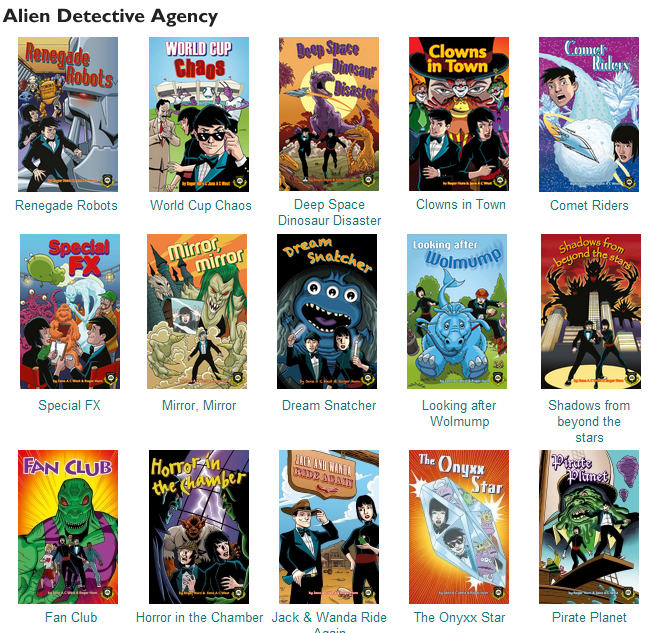Paper Book or eBook? Which is the Better Educational Resource?
There is no denying it, eBooks are fantastic resources of information that help teachers, students and casual readers alike access literature quickly and easily. The ability to retrieve almost any piece of material at the click of a button has delivered a fresh and innovative approach to education; providing both teachers and students with a more modern avenue to learn. But with the popularity of this medium increasing rapidly, will it one day replace actual paper books in the classroom? Many traditionalists would argue strongly against it, whilst the youth of today may welcome this change with open arms. Let’s take a look at the contrasting arguments…
The Advantages of eBooking
There are of course many advantages to using an eReader that you won’t find with traditional paper books. The youth of today are growing up in a technology driven world full of computers and electronic gadgets; so it makes sense to deliver reading material in a similar fashion. Some other examples of eBooks include:
- Portable – eReaders allow us to access multiple different books and pieces of material whilst on the move; enabling us to carry just one item rather than various different physical books. Most eReaders are also extremely light so they are easy to carry around.
- Speed – Ordering a paper book involves either delivery or collection, whereas eReaders allow us to download material instantly no matter where we are.
- Backlight – Reading at night can often be challenging, especially if you lack adequate lighting. The majority of eReaders are supplied with built-in back lights that illuminate the screen.
- Font size – Most eReaders will allow you to change the screen’s font size so that reading doesn’t strain tired and weary eyes.
The Traditional Way
It is important to mention that although they do provide literature, eBooks are not actually books. They are pieces of software delivered to an eReader and as such are not a physical medium. Nothing beats the actual feel of a paper book in your hands; turning the pages, the smell of the paper and bookmarking chapters are all part and parcel of the traditional reading experience.
The ability to flick back and forth, whilst visualising exactly how far along into the book you are, provides a notion of being in control of your reading. Paper books are therefore so much easier to navigate and reference than the electronic alternative. For the next generation of eReaders, many manufacturers are working on the concept of making the reading experience more real. As promising as this may sound, nothing will replace the authenticity of an actual paper book.
Educational Practices
Whilst the youth of today have constant access to technology (via computers, mobile phones, mp3 players and the games consoles) it is important that their academic studies are separated somewhat from their gadgets. Otherwise, it all becomes the same and our children will be forever staring at computerised screens, both in school time and in leisure time. The academic impression provided by actual textbooks is irreplaceable and promotes learning more so than the electronic substitute.
Books will never die and will always be regarded as the primary educational resources tool when it comes to teaching children how to read. Technological advances are obviously helpful and also beneficial, but only as a secondary promotional device to actual physical reading. Purchasing enough books for a whole classroom and the trouble of transporting them around may be a drawback – but it is much cheaper and much more practical than providing eReaders to every student. A small child will find it much easier to break an eReader beyond repair too!
To summarise, eBooks are a fantastic resource and a superb education tool; but the use of paper books should never die for the sake of our children’s education and literary upbringing.

